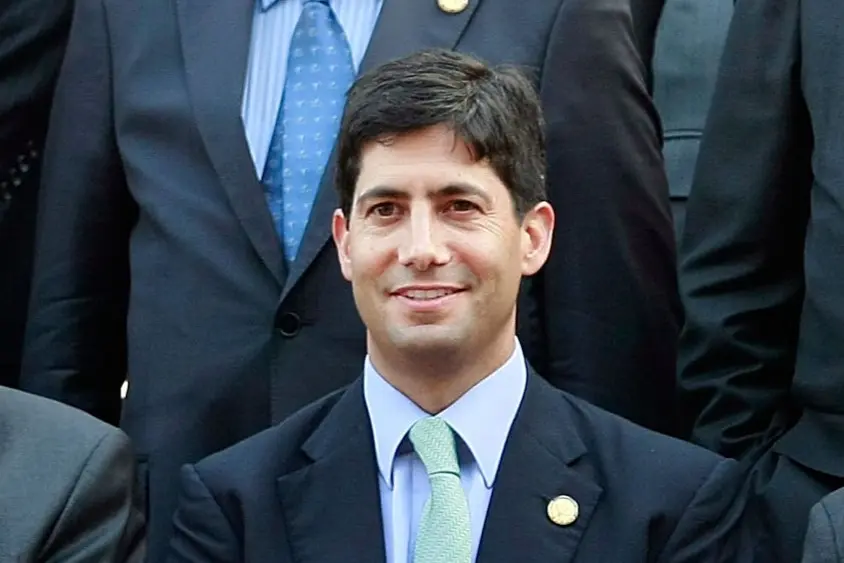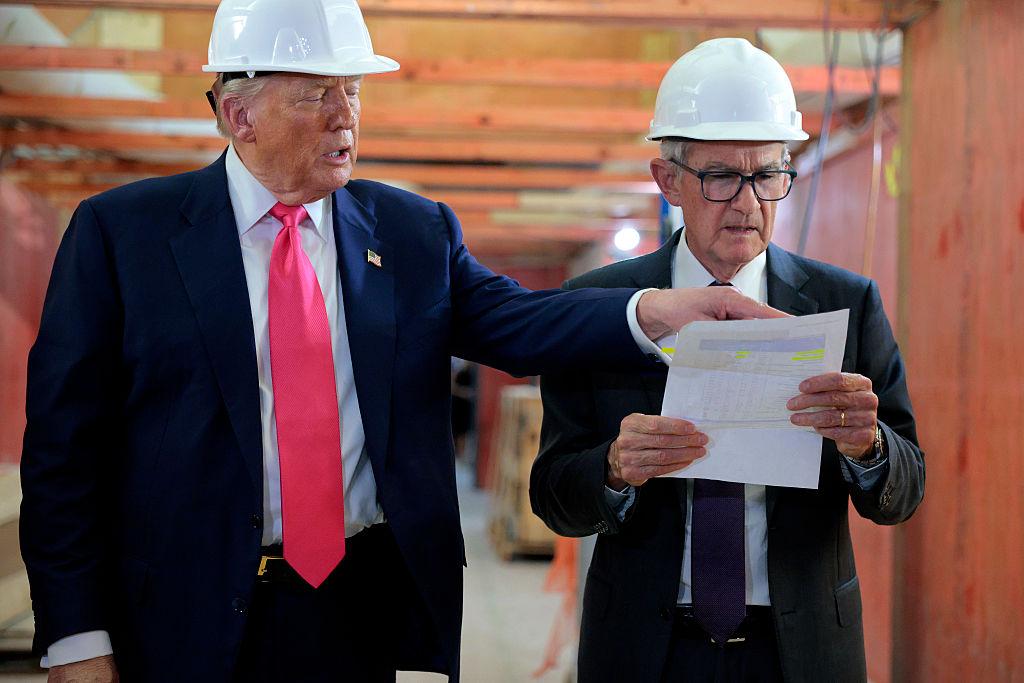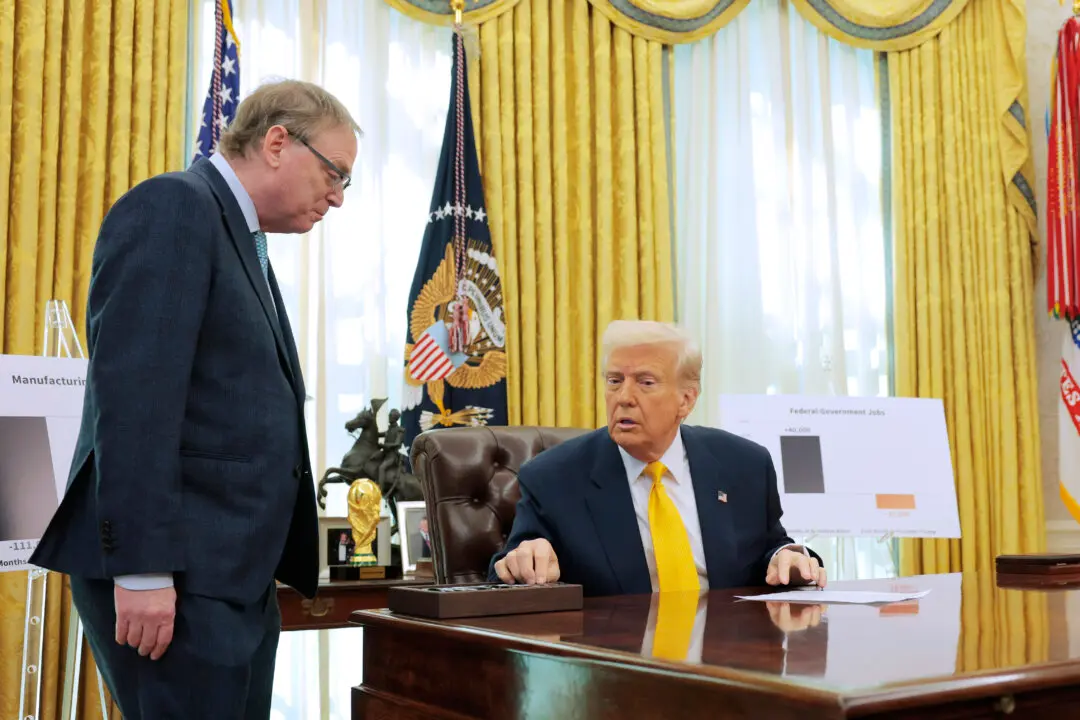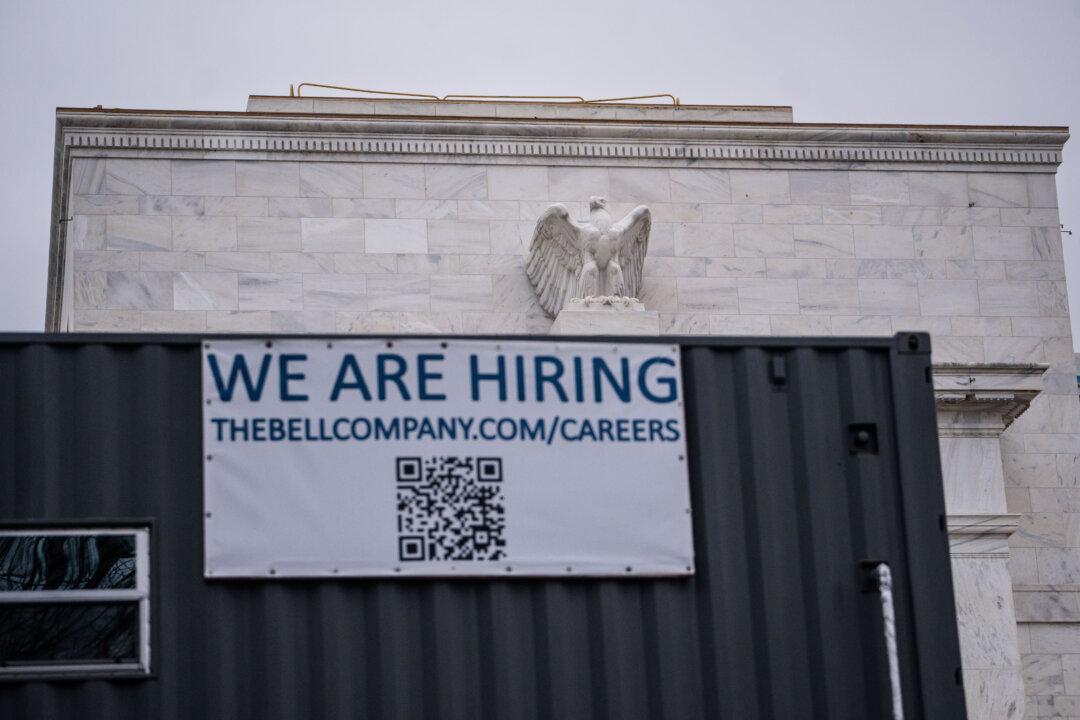Commentary
We only have four light-volume trading days left in 2024, so last week’s downdraft postponed the Santa Claus rally, but the second half of December is historically the year’s best two-week span, so we still might see some powerful up-moves before the year ends. The S&P 500 fell 2% last week, while the 10-year Treasury bond yield rose 42 basis points (from 4.15% to 4.57%) over the last two weeks, on fears of higher inflation and the debt ceiling battle. Part of last week’s market malaise also came from Fed Chair Powell’s waffling remarks in the FOMC statement and following press conference.





